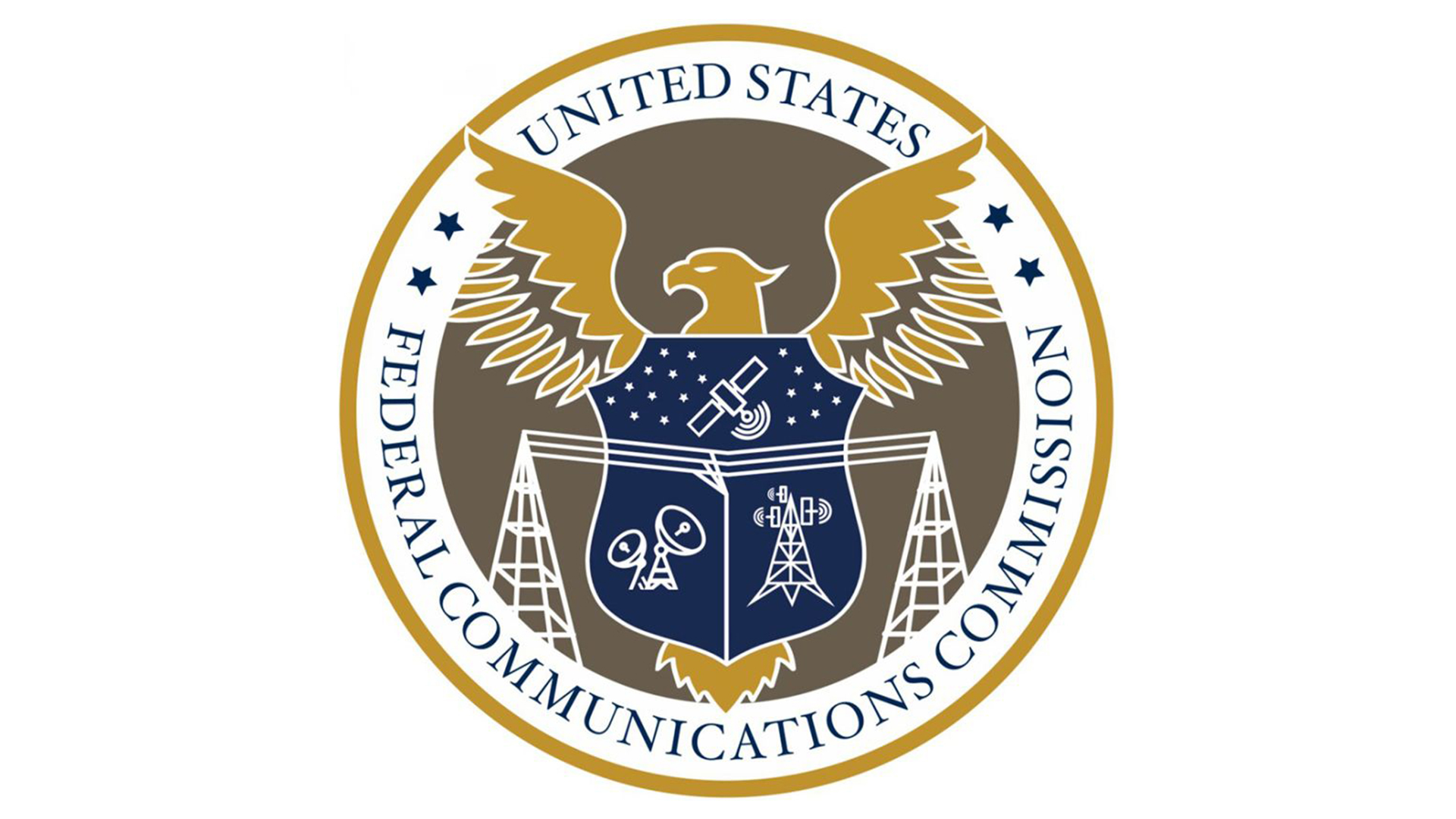State Broadcasters: FCC Fee Regime is Illegal
Said fees must be levied on beneficiaries, not just licensees

The smarter way to stay on top of broadcasting and cable industry. Sign up below
You are now subscribed
Your newsletter sign-up was successful
Add every state broadcasters’ association to the list of those arguing that a recent court ruling requires the Federal Communications Commission to reform its regulatory-fee process and start levying charges on those who benefit from agency work — and not just those, like broadcasters, that hold FCC licenses. To do otherwise, they said, is illegal.
The National Association of Broadcasters made that argument earlier this week.
In a June 4 decision by the U.S. Court of Appeals for the D.C. Circuit dismissing Telsat Canada’s challenge to the FCC's decision to charge it a fee even though it is not a licensee, the court found that it was reasonable for the commission to charge Telesat Canada a regulatory fee because it benefitted from FCC activities.
The FCC has based fees on how many full-time employees (FTEs) are needed to handle the regulatory load of any particular service — broadcast, cable, satellite, etc.
In a June 22 filing with the FCC, the associations said: “The D.C. Circuit made clear that under the RAY BAUM’s Act of 2018 [RBA], benefits, rather than licenses (or, the State Associations would add, FTEs), are the ‘touchstone’ for assessing regulatory fees … By failing to assess regulatory fees consistent with the benefit of its regulatory activities to the payor, the FCC violates the [law].”
The state associations and the National Association of Broadcasters have argued that RAY BAUM’s Act fundamentally changes how the FCC is supposed to determine to whom it charges fees. Now, they said, a court has put an exclamation point on that change and the FCC must follow the law.
That means two things, said the state associations: “1) The FCC must justify requiring broadcasters to shoulder costs unrelated to broadcasting on something more than the mere fact that broadcasters hold a license," they said, and “2) the FCC must reach beyond the low-hanging fruit of regulatees to whom it has issued a license to those who receive the benefits of the commission’s regulatory activities … paying a share relative to the benefit they receive."
The smarter way to stay on top of broadcasting and cable industry. Sign up below
That means big tech, and for broadcasters particularly Microsoft, which has been taking up the FCC's time in seeking more "white spaces" spectrum in the TV band for unlicensed use by computers and smart devices accessing the internet. Microsoft has argued that its Airband unlicensed airwaves initiative can help close both the rural, and in a more recent argument, urban, divides.
The FCC has proposed increasing broadcasters regulatory fees, but the state associations say that violates the RBA. They go further, though, and argue that contributing to the free problem is a lack of transparency — it calls the fee process "intractably opaque" A- and inaccuracies in FCC data that make it tough for anyone to help the FCC craft a policy that squares with the RBA.
"[T]he commission must modernize its regulatory fee approach, not only in the interests of fairness and regulatory parity, but because the RBA requires it,": they said.
Contributing editor John Eggerton has been an editor and/or writer on media regulation, legislation and policy for over four decades, including covering the FCC, FTC, Congress, the major media trade associations, and the federal courts. In addition to Multichannel News and Broadcasting + Cable, his work has appeared in Radio World, TV Technology, TV Fax, This Week in Consumer Electronics, Variety and the Encyclopedia Britannica.

